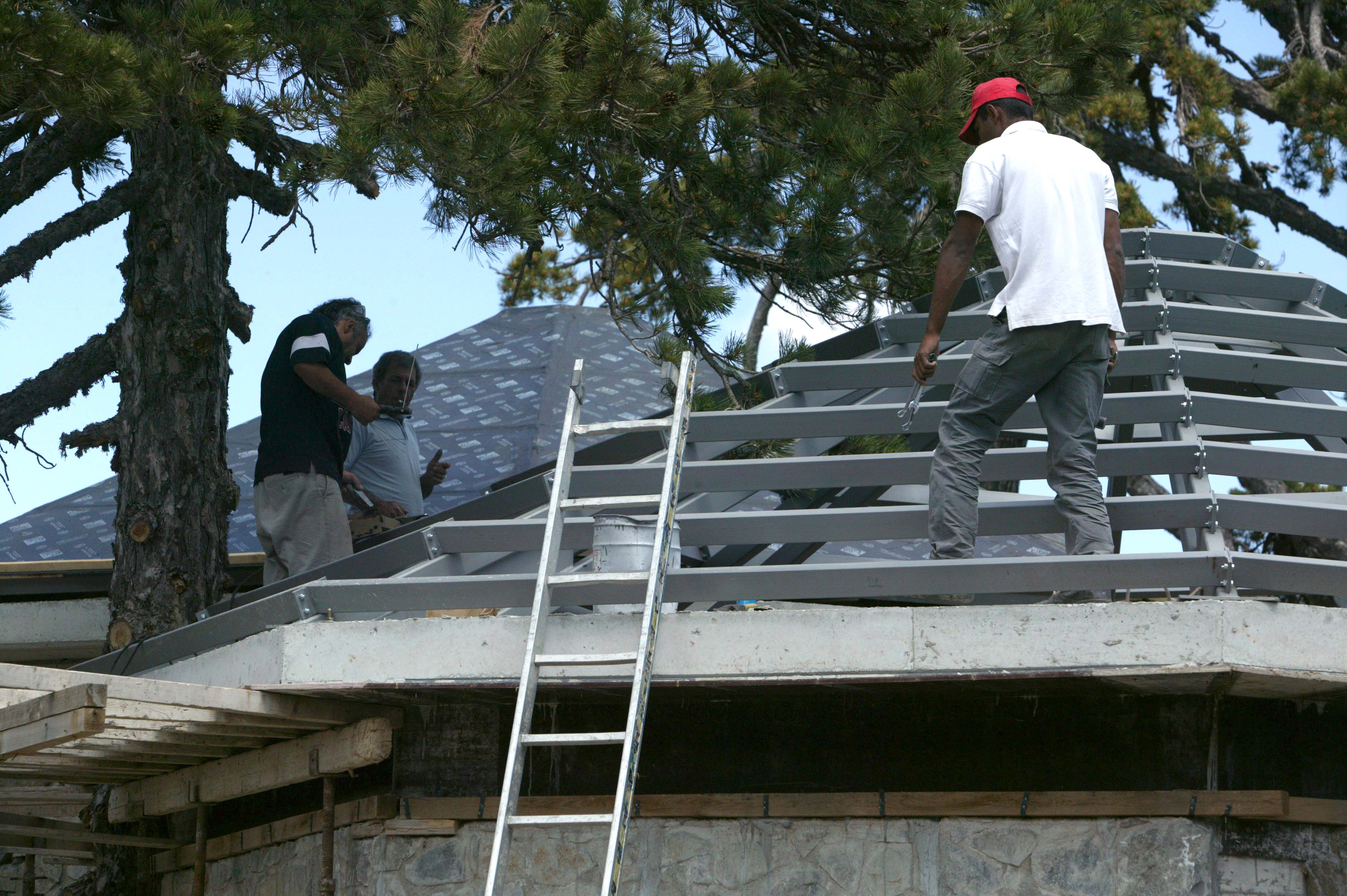Despite local planning zones being revised and the push to revitalise the mountain areas, there are some issues to be faced by designers and urban planners.
Building in the mountains could mean an increase in building costs of 30-40 per cent more than building on relatively flat ground.
Sloped ground causes increased costs due to the need for excavation and embankment, as well as the construction of retaining walls, basements and so on.
Creating access from the road to the building is another expense, both in terms of installing an elevator and constructing a car ramp.
The climate, which is usually colder with increased rainfall, demands the use of additional insulation and increased maintenance.
The presence of trees limits the effectiveness of photovoltaics which also creates increased costs.
In order to limit the increased costs of the construction and maintenance of a building in the mountains and attract new residents, there are some measures that can be taken.
The low building ratio in the mountains within residential/development zones should be increased from the existing one, around 20-25 per cent to at least 30-40 per cent in order for the final result to be more economical.
Owners of properties that are very difficult to access and create a parking space on, should pay compensation to the local authority of, for example, €2,500-3,000 per space that is not available. This amount should go to a special fund to make public parking lots.
In an effort to limit the felling of trees, the limits on building height should be changed from the current two to three floors to four to five floors.
For the benefit of these areas, the planting of local trees aged four to five years old, with a height of at least two to three metres, along with watering facilities, should be compulsory, with an obligation to maintain them for a period of years from the completion of the building.
If a right of way is blocked by trees alternative routes should be adopted, be it of greater distances.
Also, to maintain the local aesthetic it should be mandatory for external walls to have traditional stone cladding, at least on the façades of the building that are visible from the road.
For fire protection purposes, provision should be made for construction of an underground water tank for public use in case of emergency.
Efforts to attract new residents to the mountains are under way, but these higher costs are not encouraging for developers and individuals.
There have also been announcements about attracting handicraft businesses, hotels being upgraded and so on. All this will create a new workforce, which will need places of residence. How will this be achieved if development costs are economically prohibitive?
At the same time as revising the zones, the state should be creating relevant incentives, without particular costs, to achieve this goal.
Antonis Loizou & Associates EPE – Real Estate Appraisers & Development Project Managers, www.aloizou.com.cy, [email protected]







Click here to change your cookie preferences